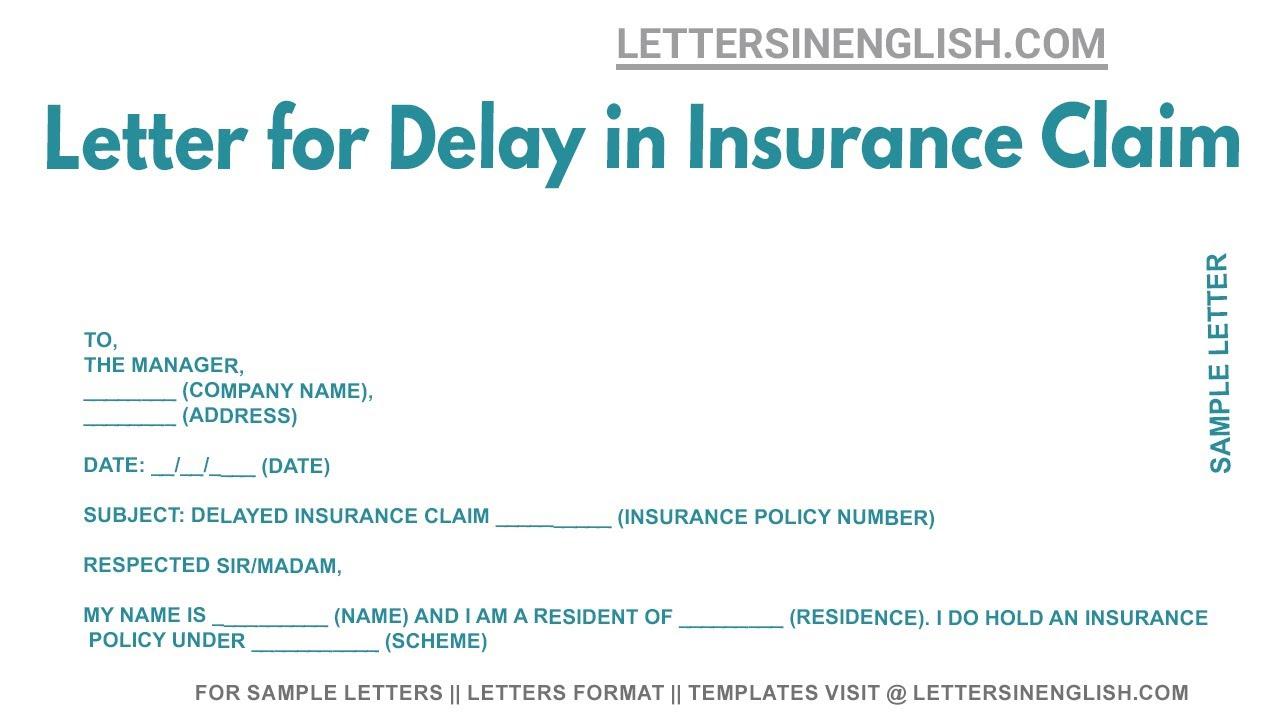In the complex world of insurance, understanding the intricacies of policy terms and conditions is crucial for policyholders seeking to safeguard their assets and well-being. One of the critical aspects often overlooked until it’s too late is the timeliness of filing a claim. This article delves into the pivotal question: Can insurance companies deny claims for filing late? As an authoritative guide, we will explore the legal framework surrounding claim deadlines, the rationale behind such stipulations, and the potential repercussions for policyholders. By shedding light on these aspects, we aim to equip you with the knowledge necessary to navigate the claims process effectively and ensure that your rights are upheld in the face of stringent insurance protocols.
Understanding Policy Terms and Deadlines
When it comes to insurance claims, understanding the intricacies of policy terms and deadlines is paramount. Insurance companies often have strict guidelines regarding when a claim must be filed. Missing these deadlines can result in a claim being denied, regardless of its legitimacy. Policyholders must familiarize themselves with the specific time frames outlined in their insurance contracts. These time frames can vary significantly depending on the type of policy and the insurance provider.
- Notice of Loss: Many policies require that a notice of loss be submitted within a certain period after an incident occurs. This is often the first step in the claims process.
- Proof of Loss: Following the notice, insurers may require a formal proof of loss within a set deadline. This document provides detailed information about the claim.
- Filing Deadlines: The complete claim, including all required documentation, must be submitted within the policy’s specified time limit.
Failure to adhere to these deadlines can result in the claim being dismissed. Insurance companies are not obligated to pay claims filed late, and often, they won’t. Therefore, it’s crucial for policyholders to act swiftly and ensure all required documentation is submitted on time to avoid complications. Understanding these deadlines and preparing in advance can prevent unnecessary stress and potential financial loss.

The Legal Framework Governing Late Claims
Understanding the legal intricacies involved in filing insurance claims is crucial for policyholders. Insurance policies are contracts, and like any contract, they come with specific terms and conditions, including time limits for filing claims. State laws and regulations can influence these time limits, and they vary significantly across different jurisdictions. Policyholders must be aware that these deadlines are not merely suggestions but are legally enforceable requirements. Failing to adhere to them can lead to a denial of the claim, even if the claim itself is valid.
Moreover, insurance companies often have their own internal policies that dictate how they handle late claims. Some common factors that may affect the acceptance of a late claim include:
- Whether the delay was due to circumstances beyond the policyholder’s control.
- If the delay was reasonable and did not prejudice the insurer’s position.
- Whether the policyholder provided sufficient notice of the claim, even if not formally filed.
While some jurisdictions may offer a degree of leniency under certain conditions, it is paramount for policyholders to be proactive and informed. Consulting the policy documentation and seeking legal advice when needed can safeguard against the adverse consequences of late filing.

Strategies to Appeal Denied Claims Effectively
When faced with a denied claim due to late filing, it’s crucial to approach the appeal process with a well-structured strategy. Start by reviewing your insurance policy meticulously to understand the specific terms and deadlines associated with filing claims. This will help you determine whether the denial was justified or if there might be grounds for an appeal. Gather all relevant documentation, including proof of the original filing date, any correspondence with the insurer, and any extenuating circumstances that may have contributed to the delay.
- Communicate Clearly: Draft a comprehensive appeal letter that clearly outlines the reasons for the late submission and any supporting evidence you have gathered. Use a professional tone and ensure all facts are presented logically.
- Leverage Extenuating Circumstances: If there were unavoidable circumstances that led to the delay, such as a medical emergency or a natural disaster, highlight these in your appeal. Insurance companies often have provisions for such situations.
- Seek Professional Assistance: If the process becomes overwhelming, consider consulting with a legal expert or an insurance claims consultant who can provide guidance and enhance the likelihood of a successful appeal.
By implementing these strategies, you can effectively challenge a denied claim and improve your chances of receiving the coverage you are entitled to. Remember, persistence and thoroughness are key in navigating the appeals process.
Best Practices for Timely Claim Filing
To ensure a smooth and hassle-free insurance claim process, adhering to a few essential practices can make all the difference. Firstly, familiarize yourself with the specific deadlines set by your insurance policy. Understanding these timeframes is crucial as they vary from one provider to another. Mark these dates on your calendar or set reminders to avoid any oversight. Additionally, maintain a well-organized record of all related documents, such as receipts, invoices, and communication with your insurer. This documentation can serve as evidence to support your claim and expedite the process.
Moreover, establish prompt communication with your insurance company. Notify them immediately after an incident occurs, even if you’re unsure about filing a claim. This proactive approach ensures your insurer is aware of the situation and can guide you through the necessary steps. Furthermore, consider leveraging technology by using any available mobile apps or online platforms provided by your insurer for quick submissions. By integrating these best practices, you minimize the risk of your claim being denied due to late filing and ensure a more efficient resolution.

